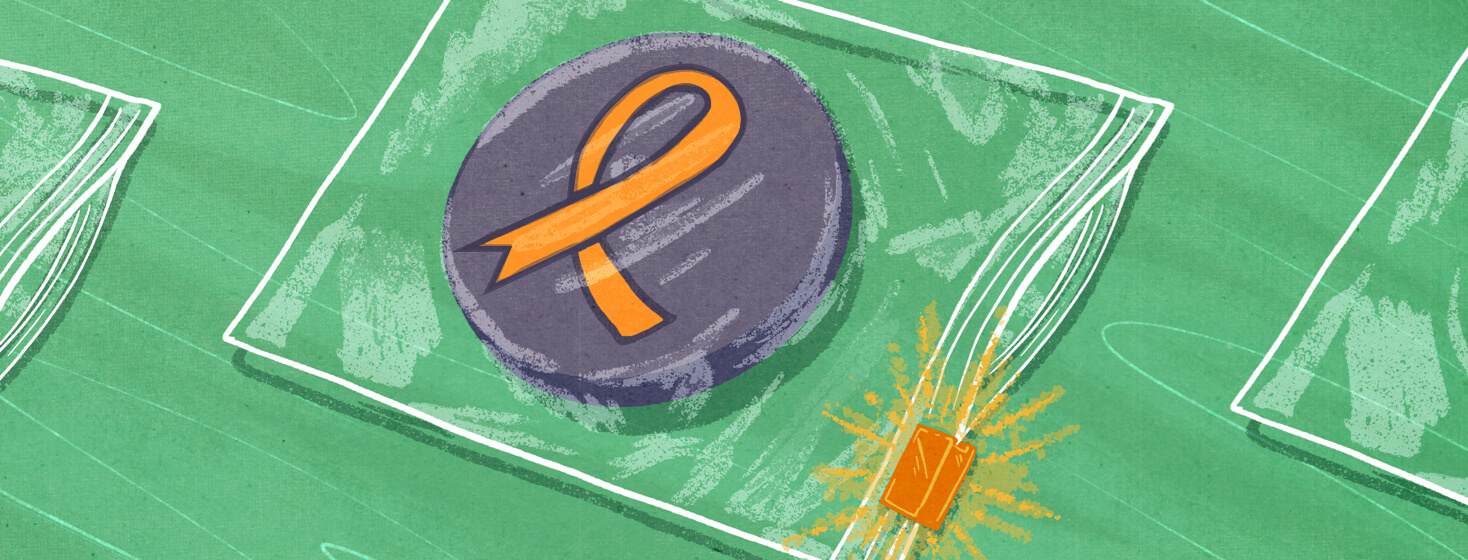Even Though I Have PPMS, MS Is MS Isn’t It?
OK does it matter what type of MS I have? MS is MS, isn't it? I know you're wondering if PPMS has finally gotten to me cognitive-wise. Well, yes it has, not to mention a host of other issues I deal with day after day. Or, should I say minute after minute?
MS is different for each of us no matter what type you have. It impacts us similarly yet very uniquely. Having enjoyed PPMS for years, I have become very good at adjusting from one normal to another. Your normal continually changes and PPMS doesn’t give you a break, ever.
Why is PPMS so different?
Primary progressive multiple sclerosis is unique in several ways. Data indicates only ten to fifteen percent of individuals with MS are diagnosed with primary progressive. Age of diagnosis is typically in your late 30 or older and it impacts women and men almost equally.1
Symptoms gradually get worse slowly and cause minor problems in the beginning. Over time these symptoms continually progress and, for most, rarely at a fast pace.1 The slow worsening makes PPMS hard to diagnose. As for most, including myself, we feel our physical changes are just due to getting older.
You mentioned symptoms are different?
What’s the difference you ask? Unlike RRMS and SPMS of which the symptoms are activated by inflammation, PPMS symptoms are mainly caused by lesions in both the brain and spine. Inflammation can contribute as well although is typically not the main cause. The main symptom characteristics for PPMS are mobility along with muscle weakness, numbness, and poor balance caused by spinal lesions. Other common symptoms are extreme fatigue, vision, mood swings, bladder, bowel, sexual issues, and paralysis.1
In my case, along with the list above, I deal with hearing loss, spasticity, issues speaking, drop foot, skin itching, and dizziness. The reality is, we all face different issues yet experience a host of similar symptoms as well.
What will the future look like?
PPMS, as mentioned, continues to progress over time. There are several ways, techniques, treatments that make your day-to-day physical and mental activities easier. We will take a look at PPMS in more detail in future articles. In these articles, I’ll take a deep dive into the essential facts about PPMS. Topics will include possible causes for PPMS, treatments, disease-modifying treatments (DMTs), wellness, research, and any new medications on the horizon.
Let’s finish with a bit of humor and a smile
OK, I’ll admit at times I feel like a child in time out in the corner of a room. Pretty sure my wife wants to put me in time out when I try to open a Ziplock page. I’ll admit, it takes me too much time, too many comments of %^$# before I get the bag open or toss it across the room! Oh my, that so bugs me big time!
Thank you again for taking time out of your schedule to read my articles. I appreciate and encourage you to provide your thoughts or questions. Wishing you all the very best and remembering a simple deed or just a smile can make someone’s day enjoyable.

Join the conversation